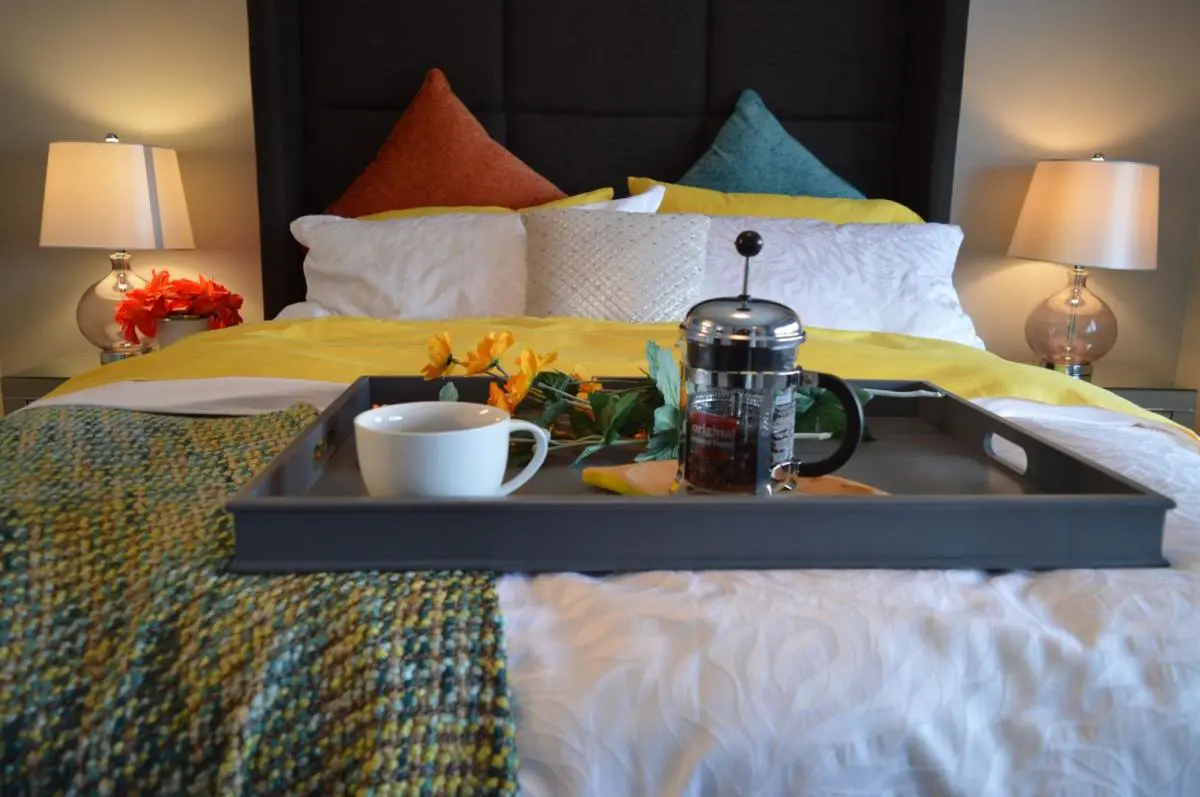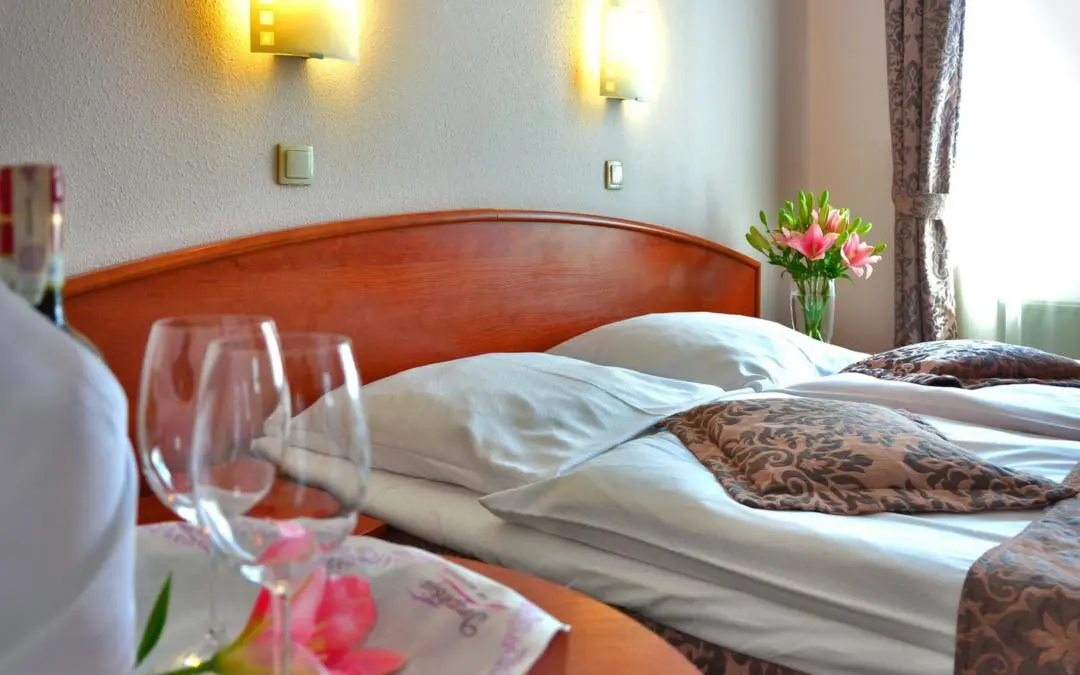Do you make extra income renting out accommodation for a few weeks a year to holidaymakers? Or maybe you rent out your ‘maison secondaire’ in France in the high season? Perhaps you have renovated a few outbuildings into little holiday homes and rent these out as much as you can throughout the year?
Did you know that a new law passed at the end of 2016 which concerns furnished accommodations, ie gîtes and holiday homes? In this article we highlight the recent changes and the possible implications for you.
The French Parliament adopted the Finance Act for 2017 on 20 December 2016, published in the French Official Journal on 30 December, 2016. We outline the changes, effective 1st January 2017:
Who is impacted?
This is the important part: the amendments to the legislation included a provision for social contributions to be paid on ANY furnished lettings where your income from these exceeds €23,000 per year (or €5,100 for a chambre d’hôte). Previously, social contributions were only payable where furnished rentals were operated as a professional activity. Now, anyone renting out furnished property of any description and with income over these limits will have to register as a business, declare their income and pay social contributions accordingly.
Are there any benefits to registering income from your rental accommodation as a business?
Yes! On the plus side, if you are:
- renting out furnished rooms or buildings, and
- not currently registered as a business, and
- are living in France as an inactive retiree and therefore paying 8% of your annual household income over €9,710 to be part of the French health system (Assurance Maladie)
Once you register as a business, you will no longer have to pay separately for your Assurance Maladie. The social security contributions you make through your business will qualify you for healthcare and many other French social security benefits. It’s worth sitting down with a calculator…

Image by ErikaWittlieb from Pixabay
Who does this NOT apply to?
If your income is under the limits above, the changes do not apply to you. You can continue paying your social charges under the régime of ‘Micro-BIC’ (on your French income tax form) at the rate of 15.5% on net taxable income.
It appears, for now, that long term lettings (over three months) where the property is the tenant’s principal home are not affected. The new legislation only targets seasonal rentals for now.
What type of business should I register as?
If you register as a Micro-entrepreneur (ex Auto-entrepreneur) your social security contributions (as a percentage of income) differ according to how you classify your accommodation:
- Furnished Letting – 22.7%
- Meublé de Tourisme Classée – 6%
- Chambre d’hôte – 13.1%
The tax allowances that apply before application of these rates are as follows:
- Furnished letting – 50%
- Meublé de tourisme classée – 71%
- Chambre d’hôte – 71%
As you can see, with the classification of ‘meublé de tourisme classée’ you would pay greatly reduced social charges and have a higher tax allowance. Example: €25,000 annual rental income * 29% (1-71% tax allowance) * 6% = €435 of social security contributions.
If you are considering changing to this status, the best advice would be to talk to your accountant. As you complete your 2016 tax declaration, perhaps speak to your accountant about the impact of this law for you.
Alternatively, you could register your activity directly with the Régime Social des Indépendants (RSI) using the regime réel. If you take this route, you will pay approximately 45% of your net rental income on social security contributions.
As this figure is considerably higher than the % charges for Micro-entrepreneurs, at first glance, you may dismiss this option. But you should take the time to do some calculations, as if your costs are greater than the fixed tax allowance, it may be worth considering. Again, at this level, you probably have an accountant who can perform these calculations for you and help you decide the best route.
For further advice about Micro-Entrepreneur status contact us at Renestance, to get in touch with our specialist in all aspects of M.E. registration.
Obligatory registration with the RSI
We describe above the new law where if you earn more than 23,000€ per year from letting furnished accommodation, you must register as a business and pay social security contributions. You should note that if you exceed the revenue limits below, you are obliged to register with the RSI and enter into the régime réel system for income tax.
The limits differ according to the classification of your property:
- Furnished letting – €33,100
- Meublé de tourisme classée – €82,800
- Chambre d’hôte – €82,800
So, to recap:
| Earnings from furnished rental accommodation | Action |
| Under 23,000€ per year | No change |
| Over 23,000€ per year | You can register as an ME or with the RSI |
| Over 33,100€ or 82,800€ (according to your classification) | You are obliged to register with the RSI |
Why have these changes been introduced?
French hoteliers have been pressuring the government for legislative change, feeling threatened by competition from internet platforms such as Airbnb. They eventually got their way, and parliament passed the new legislation late in the overall negotiations. While many the exact requirements are still not clear. But this HAS been passed in law, so the charges are definitely liable to be paid.
As mentioned above, if you have further questions, your best recourse is to talk to a French accountant. Renestance can direct you to English speaking accountants. Please contact us.
You can find more legal information here: http://www.assistant-juridique.fr/regime_fiscal_gites.jsp (in French).

Image by Simon Lehmann from Pixabay
Nicole is a bilingual Brit from Cambridge who has been living in the Languedoc since 2002 and is one of the first Renestance's Consultants. She knows how to get things done and can find the key contacts, having worked in real estate, managed two businesses of her own, and started a large social group for English-speakers in the area.
All articles by: Nicole Hammond



Rowena Lau
on 2019-01-08 at 16:54Thanks for the useful article. Can you please confirm your example is correct:
Example: €25,000 annual rental income * 29% (1-71% tax allowance) * 6% = €435 of social security contributions.
I understand social charges are 6% on 25,000 in your example. Income tax is calculated separately after the 71% abatement and then according to quotient / tiers.
Thanks
Rowena